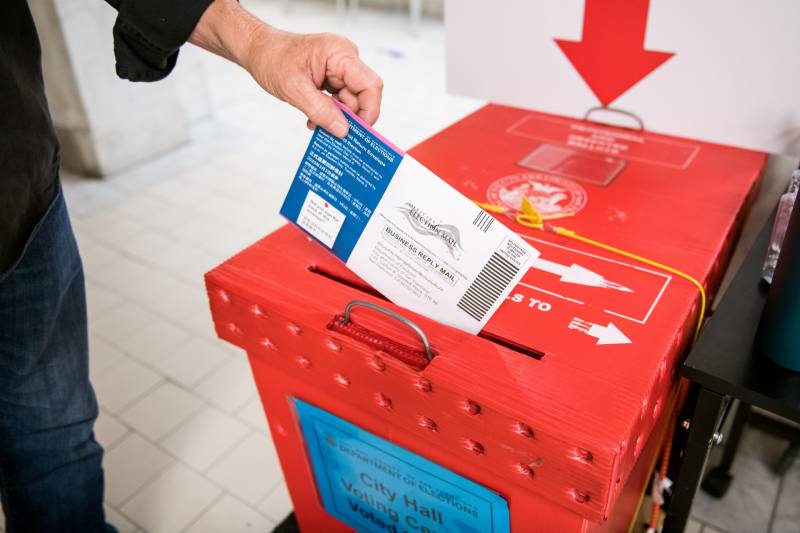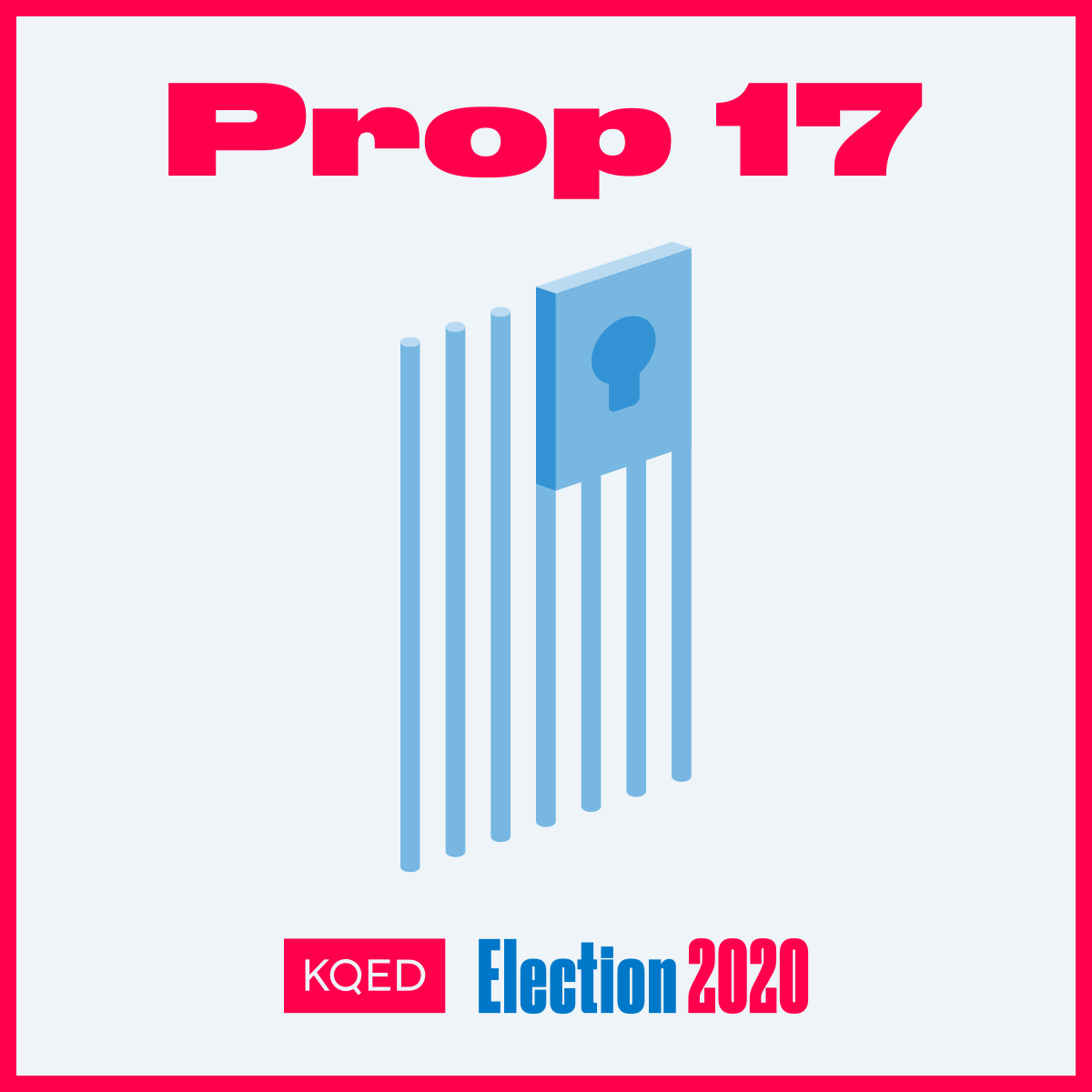After more than a century of uncertainty over the voting rights of formerly incarcerated Californians, the state’s voters passed Proposition 10 in 1974. That measure restored voting rights after the completion of a parole term.
The number of parolees in California spiked in the 1980s and 1990s because of the state’s tough-on-crime laws, and Black and Latino Californians remain overrepresented in the parole population.
Recent criminal justice reforms have significantly reduced the number of Californians on parole, and opponents of Proposition 17 argued only those convicted of serious crimes were still left disenfranchised.
The Yes on 17 campaign made the case that voting would further a parolee’s reintegration into their community — and current parolees took prominent roles in the campaign. The measure’s passage will restore suffrage to roughly 40,000 parolees.

